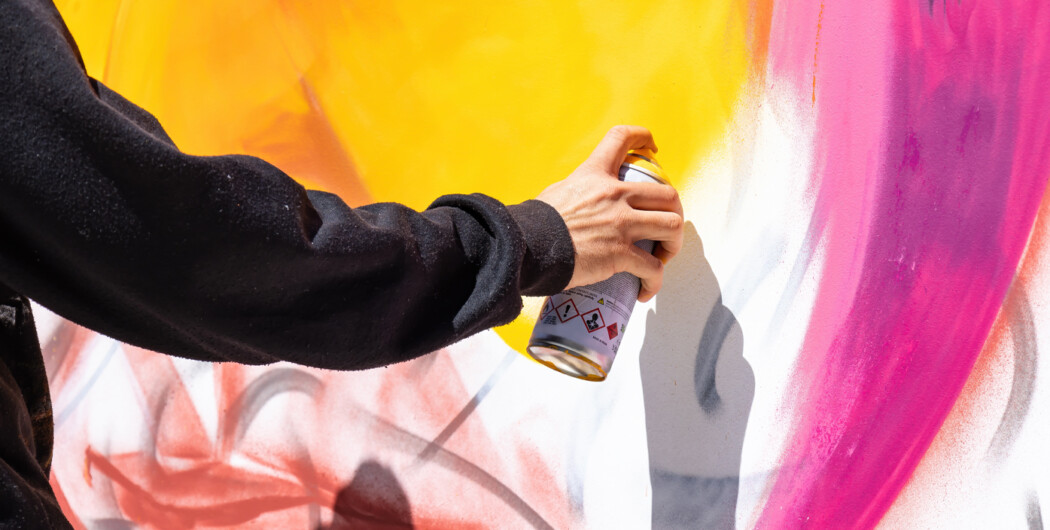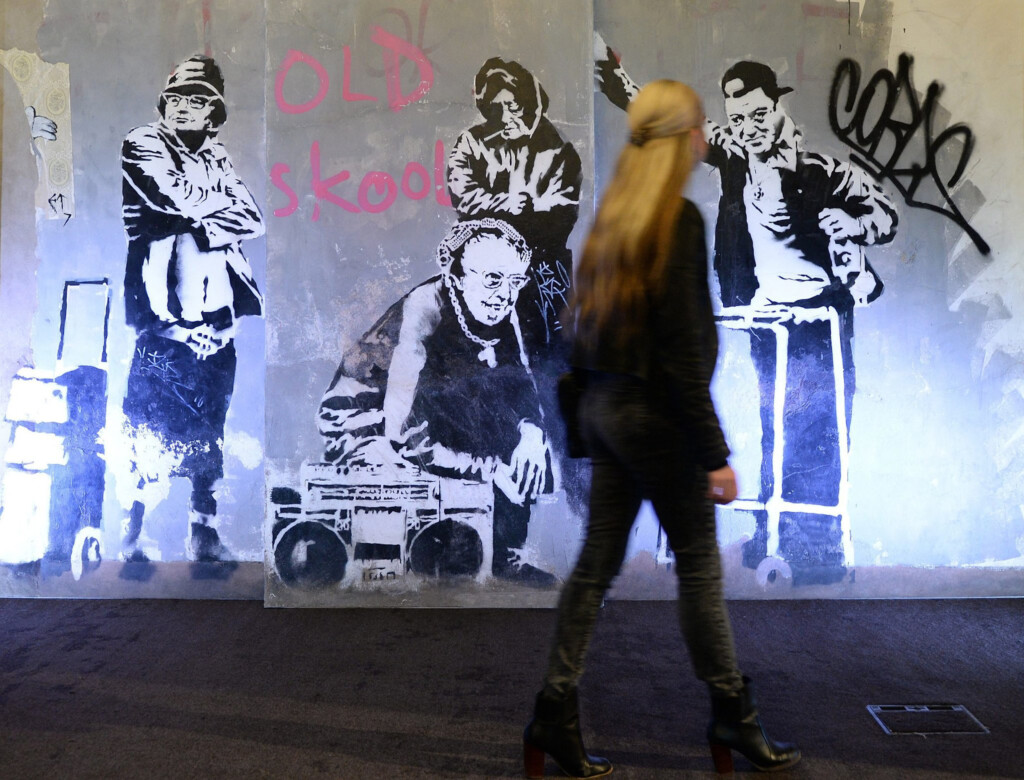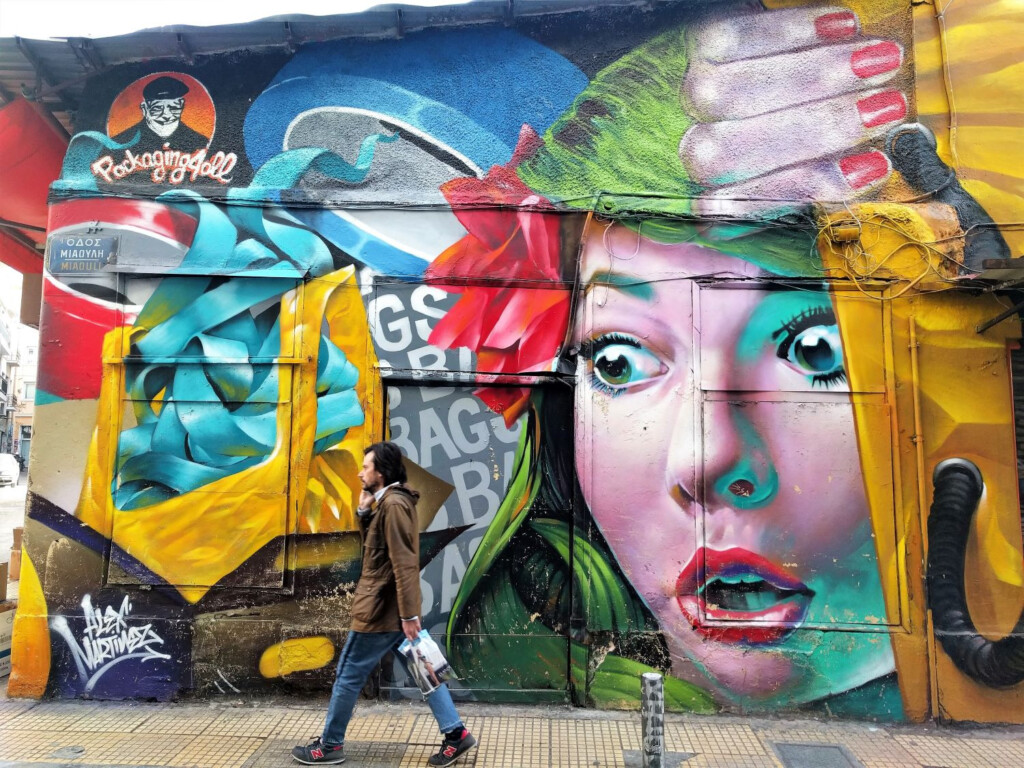

Street art can be found in many parts of the world and from different time periods. But did you know that ancient Egypt and Greece had it, too? The walls of tombs and temples were decorated with elaborate paintings and hieroglyphics, and city walls were used as a means of political or social commentary.
To save time, let’s focus on contemporary street art and why it’s making waves in the mainstream art world.
The origins of urban art

Modern urban art has its origins in the late 1960s and early 1970s in the United States, particularly in New York City. At the time, young people from marginalized communities were looking for ways to express themselves. One of them was using spray paint to create elaborate lettering and images on public surfaces.
What started as a frustration with the social and political climate of the era became a more sophisticated art form in just 10-15 years. In the 1980s and 1990s, street artists had their first gallery showings. Some of them even transitioned from the streets to the studio, but others kept it purely on the streets.
What makes street artists different
What sets street artists apart is their intention. The art form has certainly moved beyond its origins, but the idea of communicating an artistic and socio-political expression through the urban environment is still there. And instead of focusing on aesthetic appeal, these artists intend to create thought-provoking works.
Another difference is that, in contrast to many traditional artists, street artists often work collaboratively and engage with their communities. As a result, they create murals or installations that are more connected to the place where the art is created.

The appeal and significance in contemporary culture

As mentioned, street art is often site-specific. This gives street art a sense of authenticity and relevance, which resonates with local audiences. Another reason for street art’s appeal is its aesthetic immediacy. It usually features eye-catching and colorful designs, so it’s easy to appreciate even from a distance. Bold, visually striking images and messages are also easily understandable to a broad audience that may not be a fan of abstract ideas.
Of course, the rise of street art has been fueled even more by the success of prominent street artists like Banksy. This level of international recognition and acclaim has truly shocked the art world. Since then, it’s never been the same.
Here is what you may find interesting: Banksy’s critically acclaimed documentary “Exit Through the Gift Shop” helped propel the career of fellow artist Mr. Brainwash and highlighted the vibrancy of the street art world.
Collectible street art and the future of the craft
The financial potential of contemporary street art has attracted mainstream investors. Although, this new chapter has had mixed reviews.
Some say that collectible street art is losing its visual energy or cultural commentary. Others say that the works can still provoke thought and inspire change, whether they are displayed in public spaces or on paper or canvas. Ultimately, it depends on the artists and how they push the boundaries of the genre.
If you’re looking for artists that are on the come-up, look into British street artist Endless and Argentinian artist BNS.
Sources:
A brief history of street art, Shutterstock
The rise of street art, Knight Frank
Christie’s London Editions realise a combined total of £4,374,125, Christie’s







